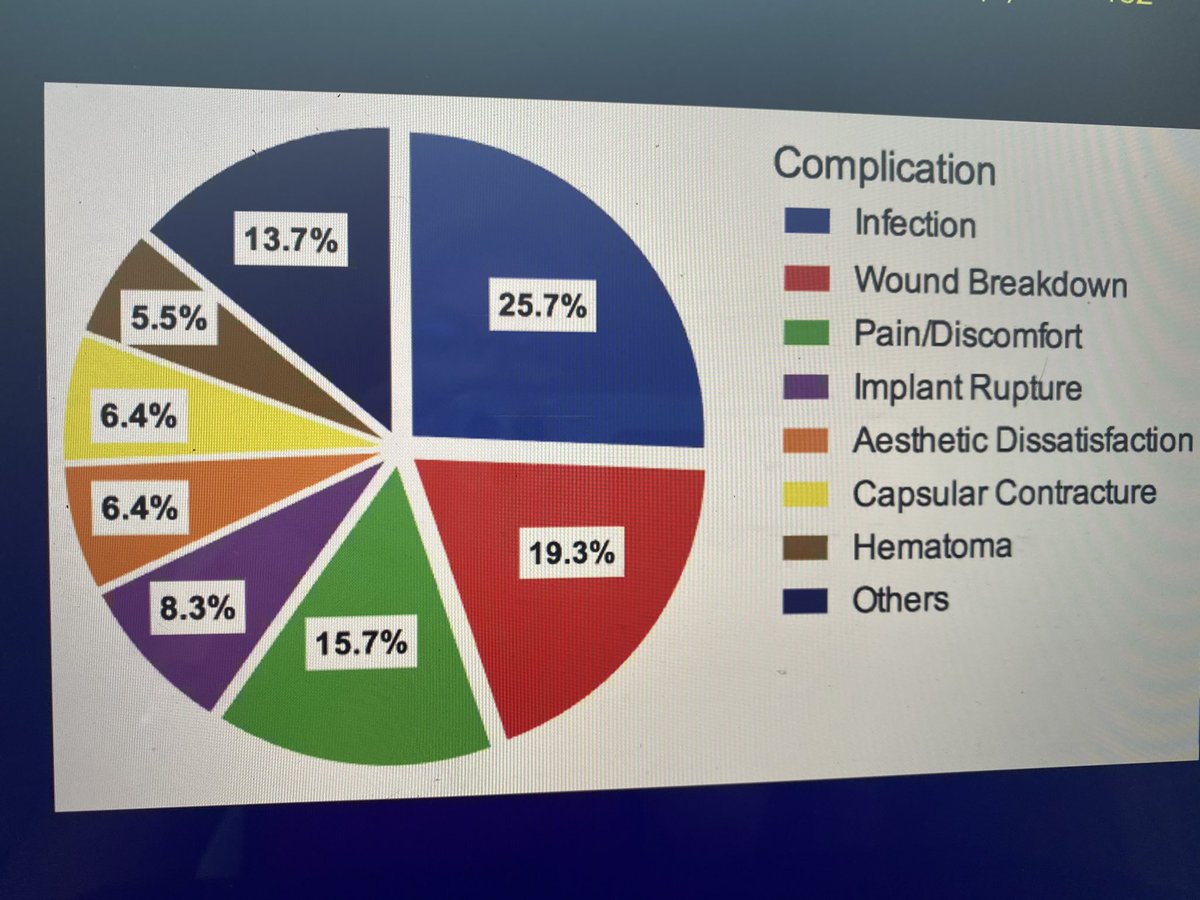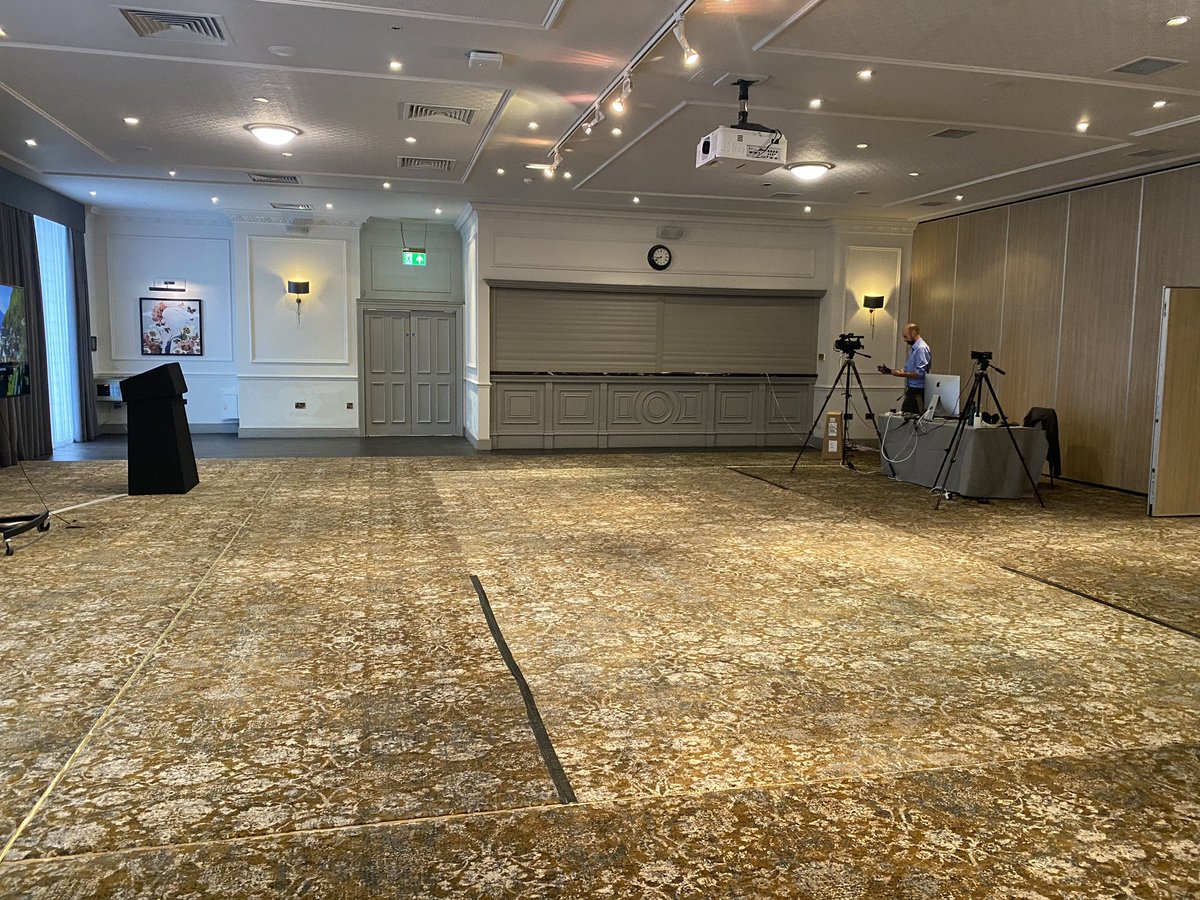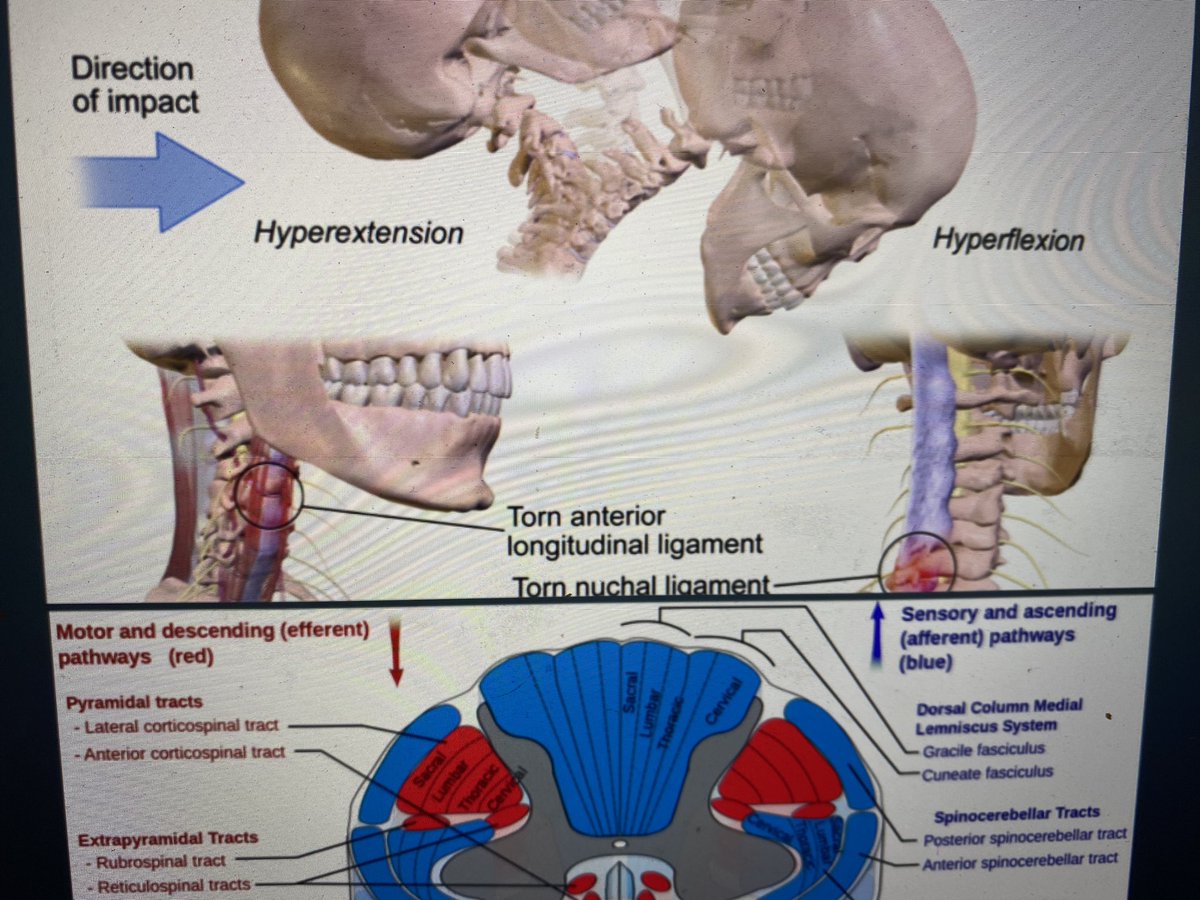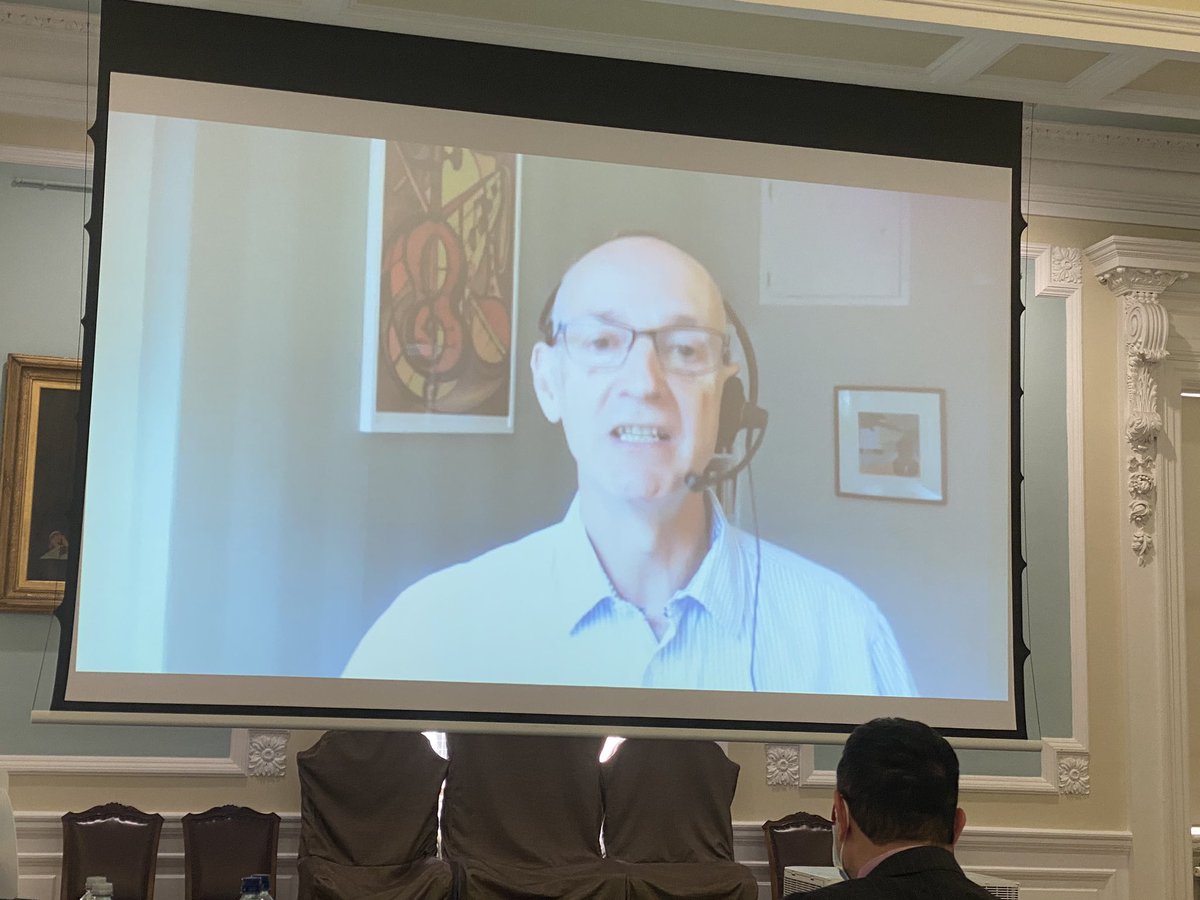
Lawyer specialising in clinical negligence, human rights, and ethics. Opinions are my own personal views. Re-tweets not necessarily endorsements.
How to get URL link on X (Twitter) App



 First speaker Mr Peter Whitfield Consultant Neurosurgeon on traumatic brain injury -types investigations and treatment. Fabulous presentation detailing the importance of early identification and specialist treatment of brain injury.
First speaker Mr Peter Whitfield Consultant Neurosurgeon on traumatic brain injury -types investigations and treatment. Fabulous presentation detailing the importance of early identification and specialist treatment of brain injury. 

 Discussing the case of Williams v Jarvis 2008 EWHC 2346 (QB) where the claimant had covertly recorded her consultation with the medical expert. She was able to use this in court to demonstrate a number of facts in the expert report were inaccurate.
Discussing the case of Williams v Jarvis 2008 EWHC 2346 (QB) where the claimant had covertly recorded her consultation with the medical expert. She was able to use this in court to demonstrate a number of facts in the expert report were inaccurate.